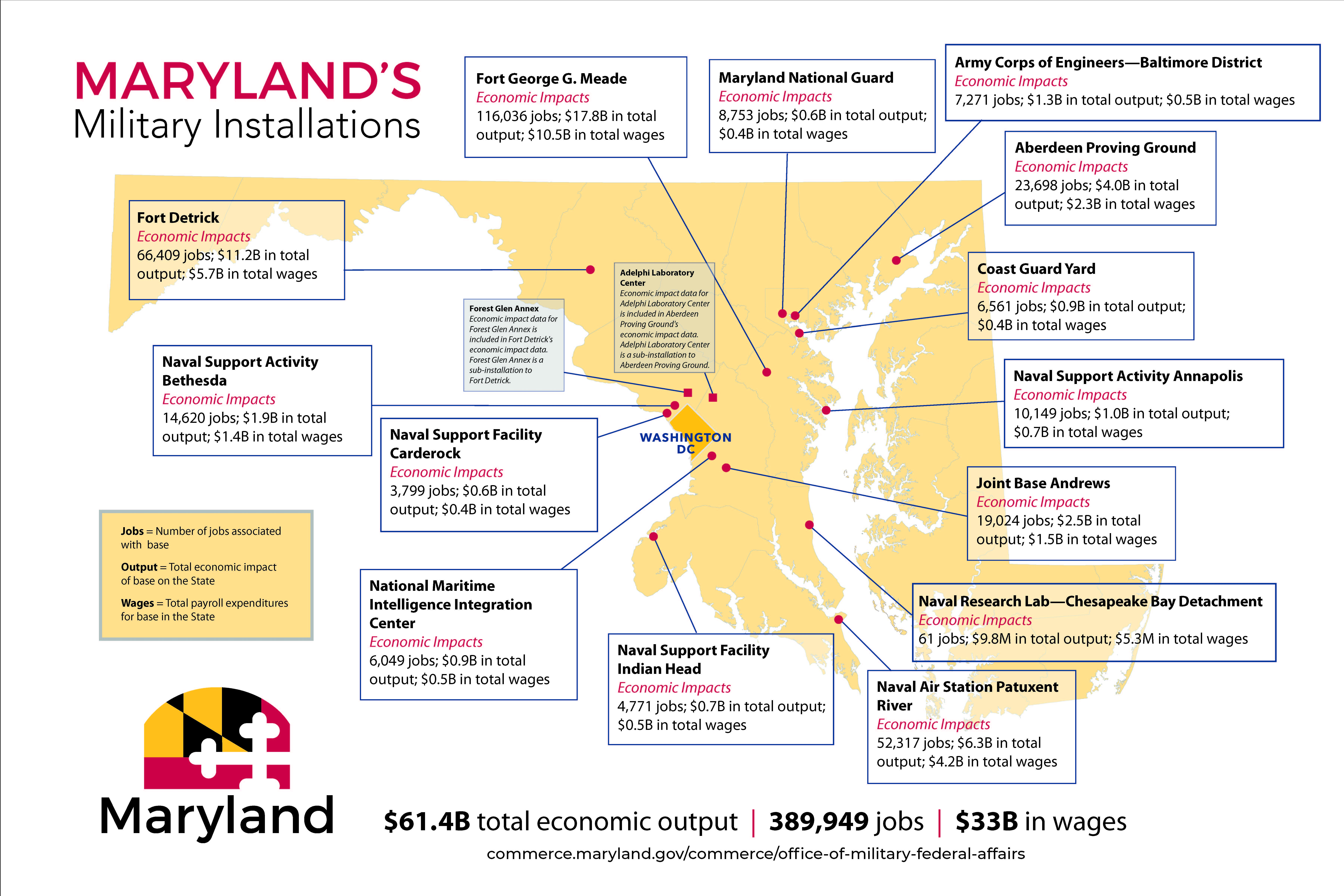
The relationship between military installations and surrounding communities has become increasingly interrelated. Installations that were once located in rural or isolated areas are seeing the effects of growth and development of surrounding communities while communities need to adapt to shared infrastructure needs. To protect the current and future needs of both parties, a collaborative working relationship must exist.
[For the purposes of brevity, the terms “surrounding communities” and “local communities” are used throughout this website as a generic term that includes states, counties, townships, cities, and other municipalities that have a role in regulating planning and development.] State, regional, and local government officials, non-governmental and community-based organizations, private citizens, and installation leaders and managers need to have a greater understanding of each other's concerns, future needs, and current planning processes to assess how planning decisions on the part of the military or local government may impact one another.
Incompatible development may compromise the ability to accomplish the respective goals and objectives of a community, military installation, or both. Limiting the local jurisdictions' ability to develop in certain areas may hinder that locality's ability to set the stage for needed economic development and plan a vision for the future, while incompatible development near the installation may hinder the ability to conduct critical military training or other missions. In the worst-case scenario, these challenges can result in conflicts between military installations and their surrounding communities over what constitutes a “compatible” land use, polarized positions on shared issues, and ultimately a lack of trust.
The State of Maryland realizes the importance of fostering and promoting compatibility between our local communities and the state and military installations. Military installations play a vital role in national defense and are centers of innovation. They serve as major economic engines for communities, accounting for thousands of jobs and billions of dollars in economic activity and tax revenue. Local communities and leaders are responsible for continued economic development and planning a vision for the future that continues to provide vibrant, livable communities that meet the needs of current residents and attract new residents and businesses.
Maryland's military installations and local communities are inextricably linked via the economic development, shared infrastructure, and quality of life impacts they have across the state. According to an
FY21 Economic Impact Study conducted by the Maryland Department of Commerce, this impact totals $61.4B per year.
Compatible community development initiatives between military installations and local communities serve to protect the critical military defense missions assigned and executed by each installation, as well as the economic growth, infrastructure development, and need to protect property rights that is the responsibility of local governments. Military installations must reach beyond their borders to actively engage the surrounding communities and educate the public about their mission and operations. Likewise, local community leaders need to inform installations of their responsibilities and authority regarding land use, zoning, and other land use regulations, including the legal and governmental processes by which they accomplish their goals of ensuring economic growth and livable communities.
Together, the installation and surrounding community can better understand one another's concerns and develop long term relationships built on mutual respect and shared objectives. Through education, communication, and coordination, as well as the implementation of
best practices – many examples of which can be found on this website – the missions, goals, and objectives of the military installation and the local community can be met and enhanced.